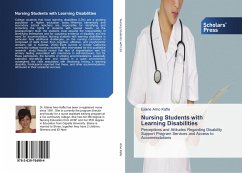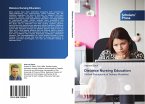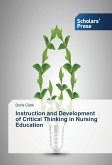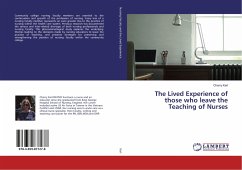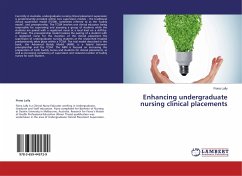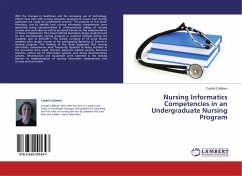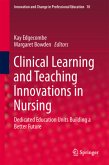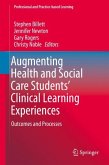College students that have learning disabilities (LDs) are a growing population in higher education today. Whereas elementary and secondary school teachers are responsible for identifying and protecting the rights of students with special needs, at the postsecondary level, the students must assume the responsibility of identifying themselves and for supplying evidence of disability and the need for accommodation. Nursing students with learning disabilities in particular face additional challenges, as the nursing curriculum is composed of skills drawn from cognitive, affective, and psychomotor domains (Ijiri & Kudzma, 2000). Eight current or former California community college nursing students were interviewed for this qualitative research study. Results reveal that fear of stigmatization was the primary feeling associated with reluctance in self-disclosure, but for these participants, the benefits of utilizing accommodations, especially extended test-taking time and testing in a quiet environment, outweighed the risks associated with disclosing having a learning disability. Participants reported that these, and other accommodations, attributed to their academic success.
Bitte wählen Sie Ihr Anliegen aus.
Rechnungen
Retourenschein anfordern
Bestellstatus
Storno

